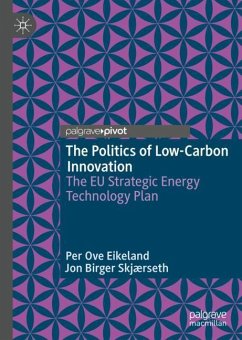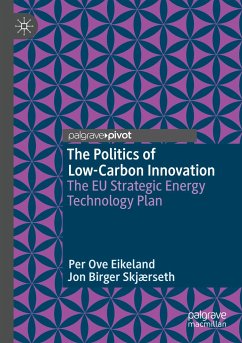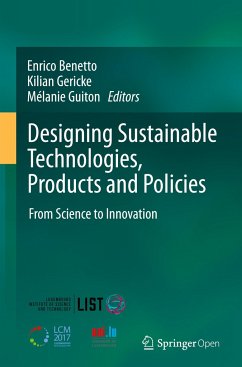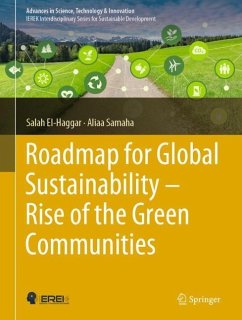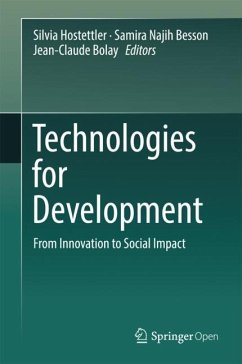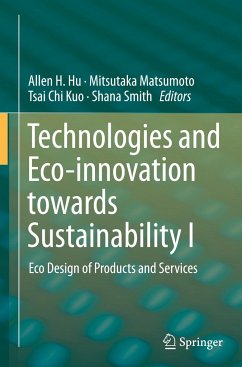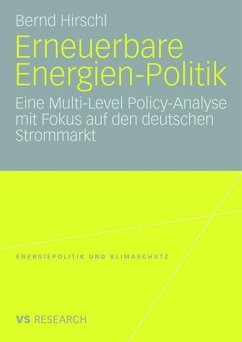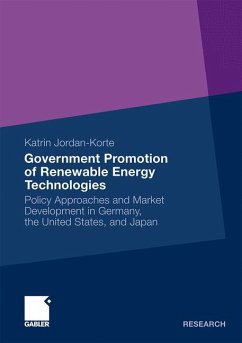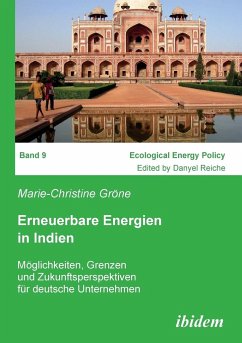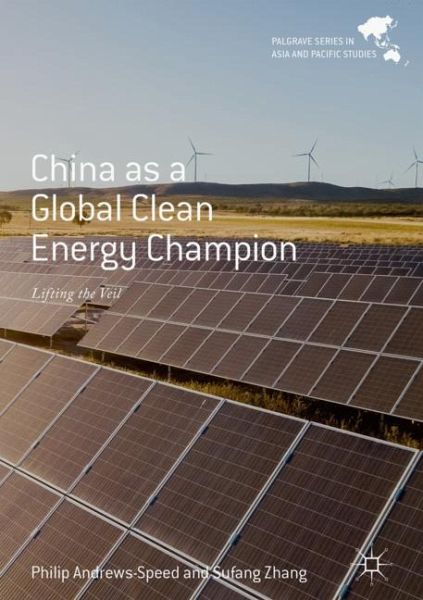
China as a Global Clean Energy Champion
Lifting the Veil

PAYBACK Punkte
31 °P sammeln!
This book assesses China's reputation as a global clean energy champion, and applies institutional and public policy theories to explain how the country has achieved so much and why there continue to be so many unintended consequences and constraints to progress. It considers the extent to which the government has successfully boosted the manufacture and deployment of low-carbon electricity generating infrastructure, cleaned up thermal power generation, and enhanced energy efficiency, dramatically constraining China's rising carbon dioxide emissions, but also examines the substantial political...
This book assesses China's reputation as a global clean energy champion, and applies institutional and public policy theories to explain how the country has achieved so much and why there continue to be so many unintended consequences and constraints to progress. It considers the extent to which the government has successfully boosted the manufacture and deployment of low-carbon electricity generating infrastructure, cleaned up thermal power generation, and enhanced energy efficiency, dramatically constraining China's rising carbon dioxide emissions, but also examines the substantial political and financial capital required to reinforce the predominantly administrative policy instruments and the mix of special interests and poor coordination that are endemic to the energy sector. Arguing that the current approach seems to be encountering ever diminishing returns, the book considers whether ongoing sector reforms and the new national emissions trading scheme can reinvigorate the nation's clean energy trajectory.





